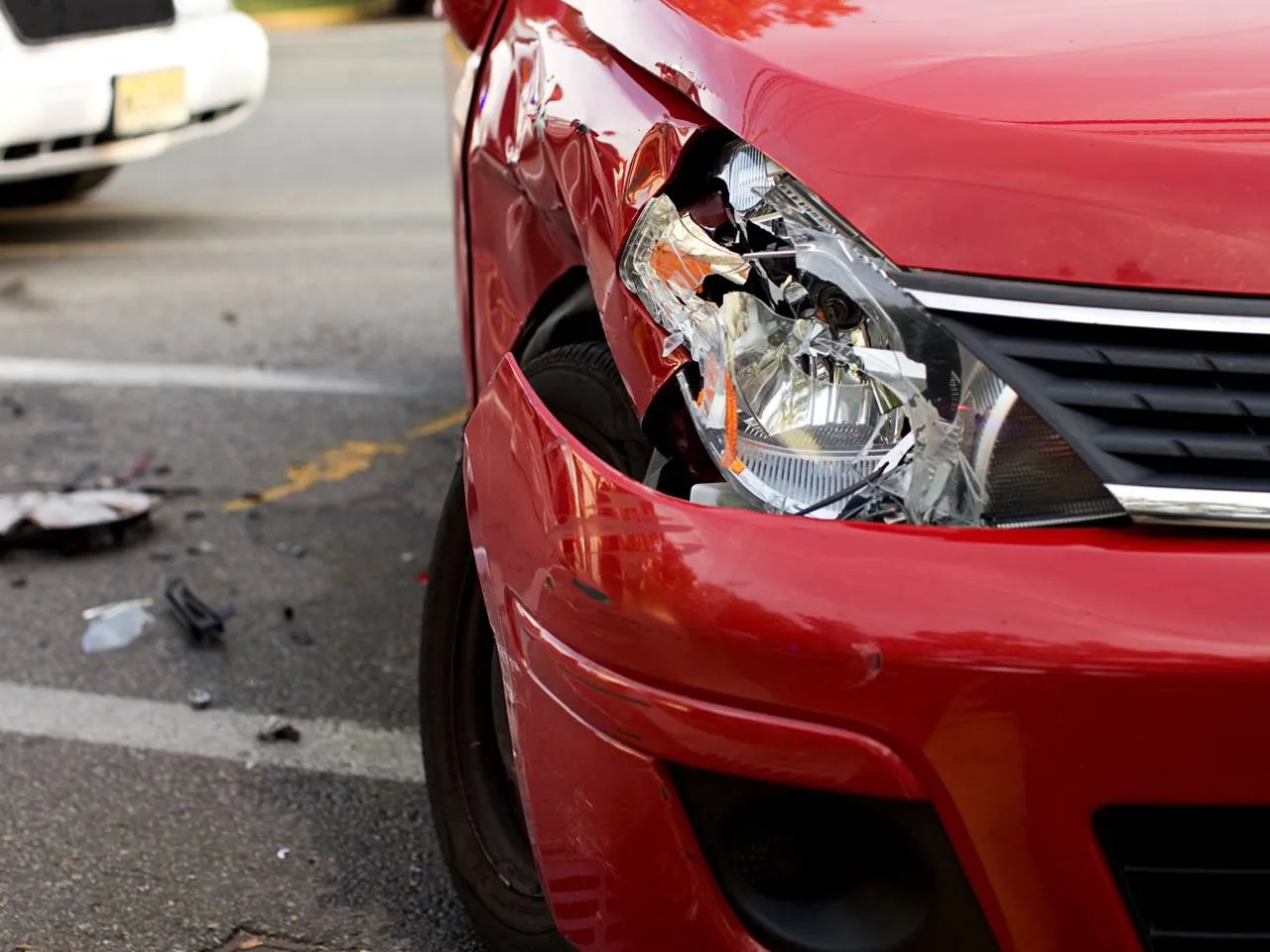Repair or Replace? Dealing with a Damaged Car Post-Accident
Dealing with a damaged car after an accident can be stressful. One of the biggest questions many face is whether to repair the vehicle or replace it entirely. The right decision depends on multiple factors, including the extent of the damage, repair costs, and the car’s overall value. This guide will help you weigh both options and choose the best course of action for your situation.
Assessing the Damage
Before deciding what to do, start by evaluating the extent of the damage your car has sustained. Some issues are purely cosmetic, while others can affect the vehicle’s structure or ability to function safely.
Minor vs. Major Damage
- Minor Damage: Scratched paint, small dents, or a broken side mirror usually fall under minor repairs. These fixes tend to be affordable and don’t compromise the car’s safety or performance.
- Major Damage: If the car’s frame is bent, the engine is severely damaged, or safety systems like airbags have deployed, these are indicators of major issues. Such repairs can often be complex, time-intensive, and expensive.
Getting a Professional Estimate
Take your vehicle to a trusted mechanic or collision repair center for an inspection. Professional assessments can reveal underlying issues not immediately visible, giving you a better sense of the overall repair costs.
Key Factors to Consider
Once you understand the extent of your car’s damage, consider these critical factors to decide between repair and replacement.
Repair Costs vs. Vehicle Value
An essential step is comparing the cost of repairs to the car’s current market value. Generally, if the repair costs exceed 50% to 70% of the car’s value, replacing it may be a smarter choice. You can check the car’s value using online tools that calculate worth based on year, make, model, and mileage.
Safety Concerns
Safety should always be a priority. If the damage impacts the car’s structural integrity or ability to protect you in future collisions, replacement may be the safer option. For example, frame damage or compromised airbags may leave the car less reliable even after repairs.
Insurance Coverage
Your insurance policy plays a significant role in the decision-making process. Check whether your repair costs are covered and calculate your out-of-pocket expenses, including any deductibles. Sometimes, insurance companies may declare the car a total loss and provide compensation for its market value instead.
The Case for Repairing Your Car
Repairing your car is often the more affordable and convenient option, especially if the damage is minor. Here are some scenarios where repairs make sense:
- The car’s damage is mostly superficial, like scratches or small dents.
- The car is relatively new, and significant repairs will restore it to like-new condition.
- You have sentimental or practical reasons for keeping the vehicle, such as its reliability or features.
Tips for Cost-Effective Repairs
- Shop Around: Get multiple quotes from repair shops to compare prices and services.
- Choose Used Parts: Ask your mechanic about using refurbished or aftermarket parts to reduce costs.
- Prioritize Repairs: If budget is a concern, focus on fixing issues that affect safety and performance first.
When It’s Time to Replace Your Car
Replacing your car might be the better choice if the damage is extensive or the vehicle is nearing the end of its lifespan. Here are some signs it might be time to move on:
- The repair costs exceed the car’s value.
- The car has ongoing reliability issues, even before the accident.
- Safety repairs cannot restore the car’s structural integrity.
Investing in a new or gently used vehicle may save you money in the long run, eliminating the headache of regular maintenance or lingering repair issues.
Don’t Overlook Specialized Repairs
Sometimes, specific damage like a broken windshield can be repaired while still maintaining the car’s safety and value. For instance, if your windshield is cracked or shattered, you might consider a service for windshield replacement in Salt Lake City or your local area to restore the car’s functionality without replacing it entirely.
Making the Final Decision
Deciding whether to repair or replace your car doesn’t have to be complicated. Asking yourself the following questions can help you make the right choice:
- Does the car have sentimental or practical value to you?
- Are the repair costs reasonable compared to the car’s worth?
- Will fixing the damage restore the car’s safety and reliability?
- What is the total cost, considering insurance coverage and potential deductibles?
If most of your answers lean toward repair, it’s likely the better option. Conversely, if costs, safety, or reliability raise red flags, replacement is worth considering.
Actionable Next Steps
- Get a professional damage assessment to understand repair needs and costs.
- Check your insurance policy for coverage details and how they impact your decision.
- Research the car’s current market value to compare against repair expenses.
- Consult with trusted mechanics or financial advisors if you’re uncertain about the choice.
By following these steps, you’ll be well-prepared to deal with your damaged car post-accident, ensuring your safety, budget, and peace of mind.
READ MORE : Hidden Loan Risks When Starting a Farm

